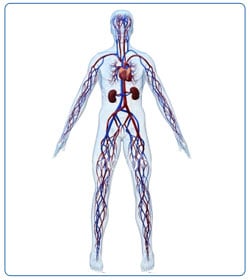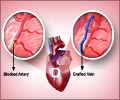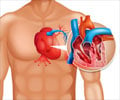Frequently Asked Questions
1. Which doctor should I consult for chest pain?You must initially consult your GP who may refer you to the cardiologist.
2. What is the difference between chest pain and angina?
Chest pain is a general term used to describe pain in the chest region for which there are many reasons. However angina is chest pain that arises due to heart-related problems.
3. Is it necessary to take chest pain seriously?
Yes it is important to take chest pain seriously until proven otherwise.
4. Are heart diseases curable?
Heart diseases are not curable but they are definitely treatable.
5. When is chest pain an emergency?
Chest pain can denote a benign condition or it could be a sign of a life-threatening condition.
6. How is the patient expected to differentiate?
The following are indications by which the patient can understand if the chest pain is serious:
- Sudden feeling of tightness or a crushing or squeezing sensation in the chest
- Pain that radiates to the jaw, left arm or between shoulder blades
- Nausea or dizziness
- Sweating
- Shortness of breath /palpitations
- Angina symptoms occur even when resting
- Sharp chest pain after a journey
- Chest pains should also be taken seriously if the patient is middle aged, obese, a known diabetic or hypertensive or has a family history of heart problems. Actually there are no set rules. Sometimes even a minor chest pain could turn out to be due to something grave such as CAD. It is also important to seek medical attention if chest wall pain in a person persists or if the person has fever and cough that produces green color phlegm.





















